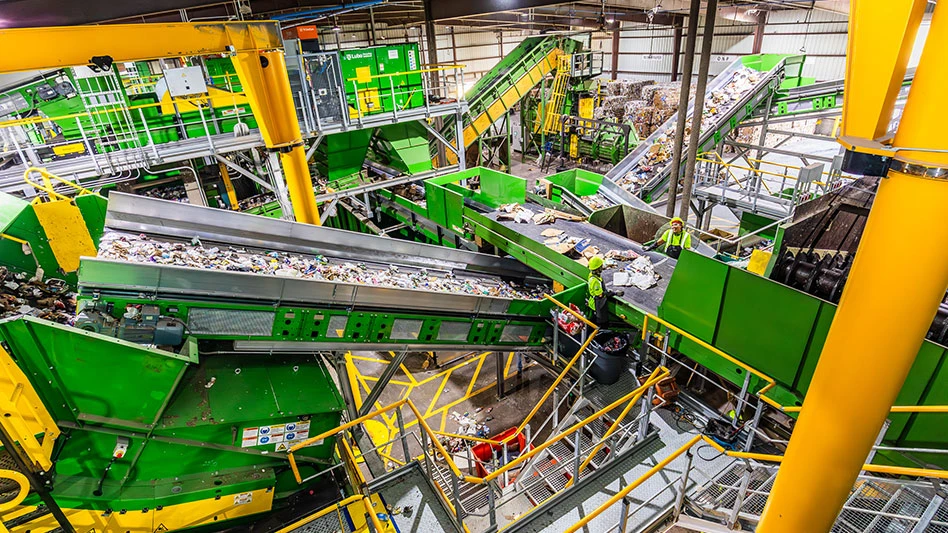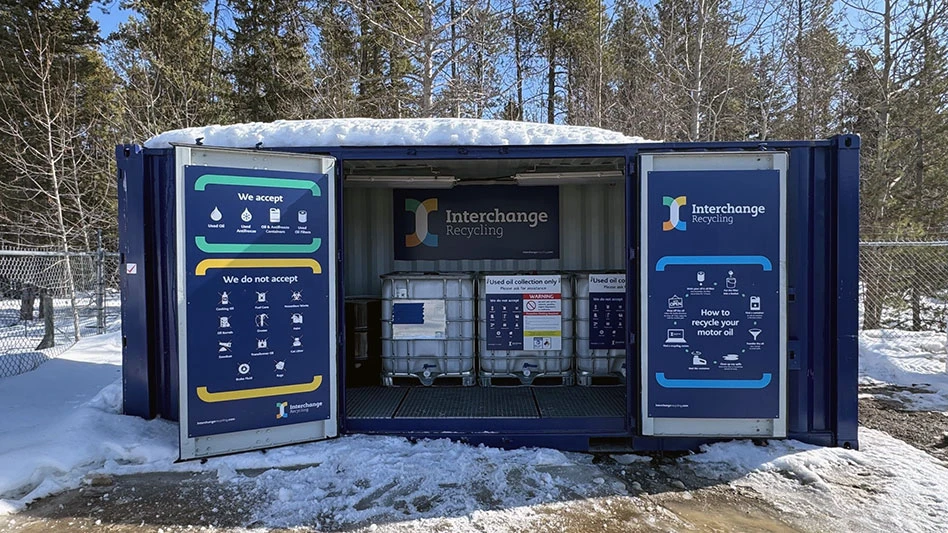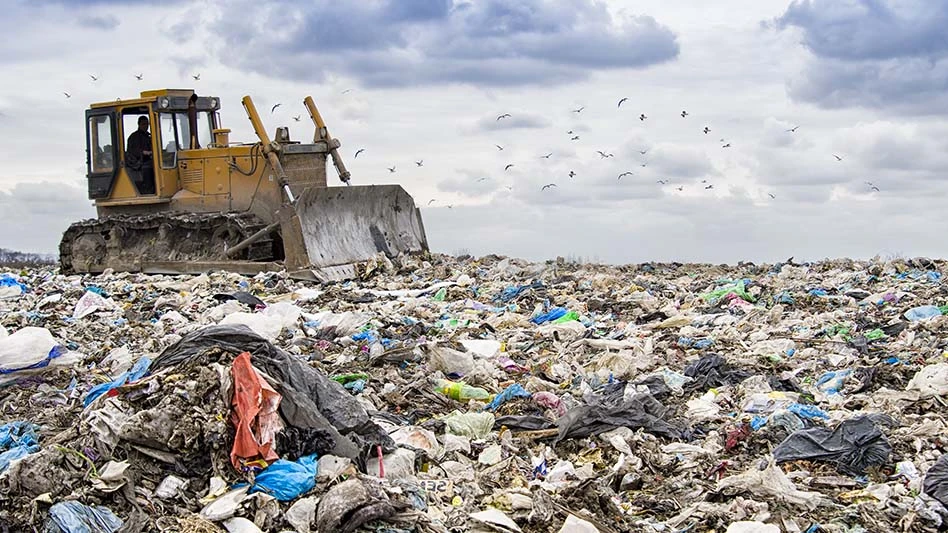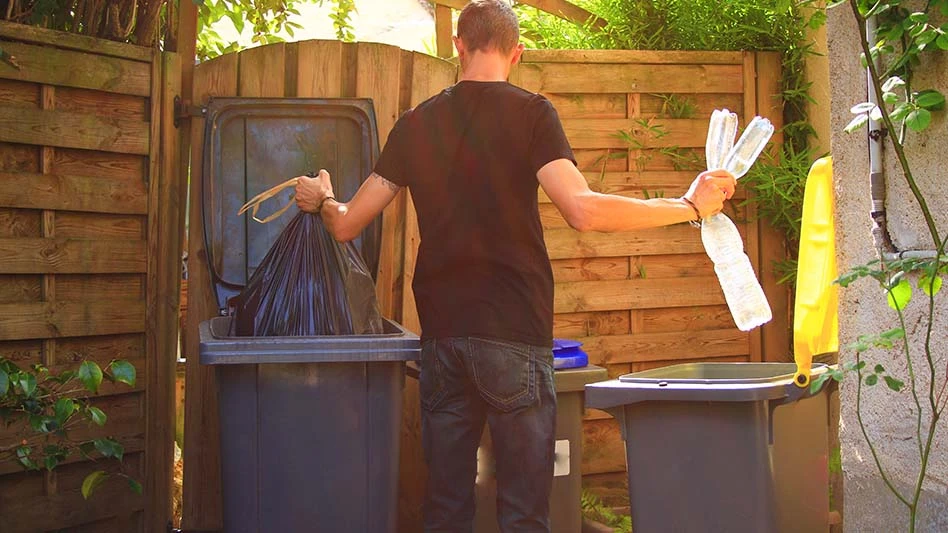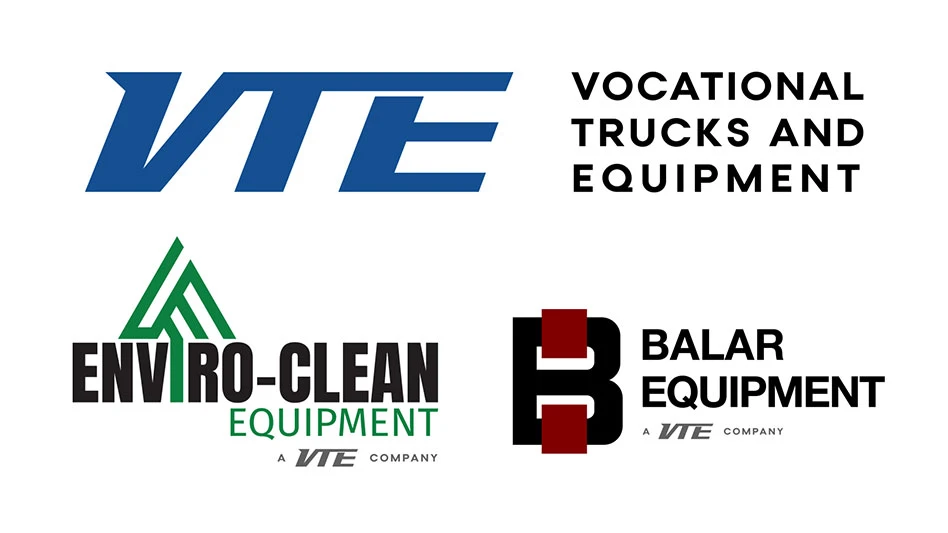Regenesis, a San Clemente, California-based soil and groundwater remediation solutions company, has launched an automated inline blending and injection system (IBIS) for in situ remediation of per- and polyfluoroalkyl substances (PFAS). The company says the automated solution is the world’s first of its kind.
The compact and fully automated remediation delivery system has been designed to enhance the efficiency, accuracy and safety of in situ remediation applications.
Historically, the company says, on-site remediation specialists have relied on batch mixing to prepare and apply in situ remediation treatments, a process that involves manually measuring liquid volumes of product and water into large mixing tanks, followed by mechanical mixing to produce the final treatment solution.
Regenesis’ IBIS leverages advanced, proprietary inline blending technology to streamline the injection application process, according to the company. Equipped with automated, self-adjusting controls, IBIS injects an accurate product blend across a project site while maintaining safe operating conditions and continuously logging pertinent data.
“Our team of field scientists and technical engineers spearheaded the development of IBIS, drawing on decades of application experience at every stage of its design,” says Steve Barnes, remediation services director of operations at Regenesis. “The result is a system that markedly improves operational efficiencies, enhances accuracy and places a paramount emphasis on safety, especially in addressing complex contaminants like PFAS.”
According to Regenesis, key benefits of IBIS include:
- Maximum safety. IBIS minimizes spill risks by eliminating batch mixing, while automated safety controls ensure safe operating pressures.
- Enhanced efficiency. IBIS can process up to four remediation projects simultaneously, enabling the delivery of a final blended solution through up to six separate delivery lines at the same time.
- Improved accuracy. Automated controls for dosing, mixing and volume ensure consistent and precise delivery.
- Compact design. With a footprint as small as 5 by 8 feet, IBIS can be easily moved and removes the need for large-batch tanks.
- Real-time data collection. Automated data collection provides the information needed to track projects in real time, enabling quick decision making and adjustments.
The product’s launch comes on the heels of the U.S. Environmental Protection Agency designating the two most prevalent PFAS chemicals, PFOA and PFOS, as hazardous substances under the Comprehensive Environmental Response, Compensation and Liability Act. The legislation marks the first time polluters will the held accountable for reporting and remediating PFAS contamination.
Latest from Waste Today
- ReMA board to consider changes to residential dual-, single-stream MRF specifications
- Miller Environmental Group Inc. appoints CEO
- DPI acquires Concept Plastics Co.
- Laurel Mountain Capital announces investment in 5280 Waste Solutions
- Cielo investor requests annual meeting
- WIH Resource Group celebrates 20th anniversary
- NWRA: NIOSH cuts a step in the wrong direction
- Valicor Environmental services acquires Affordable Waste Management
